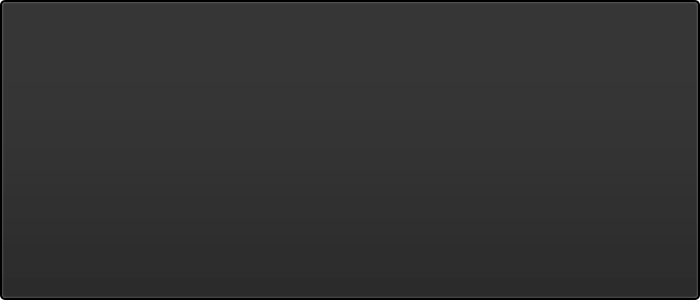The Higher Education Opportunity Act (HEOA) was signed into law on August 14, 2008. Final regulations were issued on October 29, 2009.
Enforcement of the HEOA provisions formally began July 1, 2010, and all colleges and universities were required to make a good-faith effort at compliance.
Several sections of the HEOA deal with unauthorized file sharing on campus networks, imposing three general requirements on all U.S. colleges and universities:
- An annual disclosure to students describing copyright law and campus policies related to violating copyright law.
- A plan to "effectively combat the unauthorized distribution of copyrighted materials" by users of its network, including "the use of one or more technology-based deterrents".
- A plan to "offer alternatives to illegal downloading".
This Web page provides an overview of the policies, procedures, and other actions Sinclair Community College has implemented as a ‘good faith’ effort to comply with this Federal Law.
PART 1: Informing the Community
Links to relevant Sinclair Community College Web pages:
- Acceptable Use of Information Technology Policy
- Information Security Policy
- Student Judicial Affairs Code of Conduct Handbook
- Copyright Compliance Information website
- Legal Alternatives for Downloading Copyrighted Material
PART 2: Effectively Combating Copyright Infringement
Technology deterrent(s) used:
Currently, Sinclair Community College’s ‘next generation firewall’ is used to block all peer-to-peer applications identified as a risk factor of 4 or 5 (on a scale of 1-5), or any application that is known to facilitate illicit copyright material distribution. This device is continually monitored and application signatures and other content is regularly and routinely updated to ensure currency.
Administrative deterrent(s) used:
Sinclair Community College views the safeguards that are in place as a layered approach to communication regarding copyrighted content, including:
- Acceptable Use of Technology Policy explicitly prohibits unauthorized use or distribution of copyrighted material.
- The Student Judicial Affairs Code of Conduct Handbook explicitly defines “Acquisition or use of software that does not adhere to applicable software licenses and copyright laws or is not consistent with college computer use policies” as a Level II Prohibited Behavior.
- The Information Security Web site contains pages related to copyright compliance Information and links to legal alternatives to downloading copyrighted material.
Procedures for handling reported infringement:
If the educational and technical efforts are not effective, and the College is contacted with a “Notice of Claimed Infringement” or similar infringement notification by a copyright holder, then the notice will be forwarded to either:
- The Student Leadership Development/Student Judicial Affairs manager if the alleged offender is a student. The offense will be handled via the student judicial process in accordance with the Student Judicial Affairs Code of Conduct Handbook.
- Human Resources if the alleged offender is an employee. The offense will be handled via the administrative process in accordance with the Human Resources Policy Manual.
- Campus Police if the notification is 'criminal' rather than 'civil' in nature.
Periodic review of plan:
The current approach and plan are reviewed annually during the summer term. Criteria is primarily measured by increase/decrease in the number of infringement reported.
Plan last reviewed/updated July 15, 2010
PART 3: Offering Legal Alternatives
Sinclair Community College provides a link to the EDUCAUSE maintained Web page listing of Legal Downloading resources at http://www.educause.edu/legalcontent


